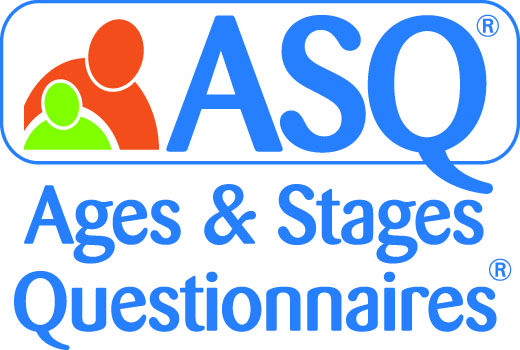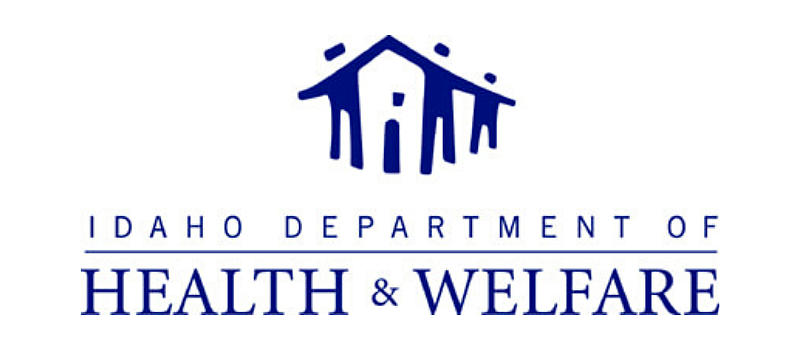Resources

"Idaho AEYC helps communities build quality programs and provide early learning opportunities to Idaho’s children through various initiatives and collaboratives. Our work allows us to continue expanding vital resources to communities across Idaho to provide quality early learning resources and education opportunities to our children."

ASQ-3
ASQ-3 is a set of simple questionnaires trusted for more than 20 years to check child development. There are 21 ASQ-3 questionnaires for use with children from 1 month to 5½ years old (one questionnaire for each age range). Here are the five important areas of development that each questionnaire looks at:
Communication: Your child’s language skills, both what your child understands and what he or she can say.
Gross Motor: How your child uses their arms and legs and other large muscles for sitting, crawling, walking, running, and other activities.
Fine Motor: Your child’s hand and finger movement and coordination.
Problem Solving: How your child plays with toys and solves problems.
Personal-Social: Your child’s self-help skills and interactions with others.
The “Overall” section asks you open-ended questions about your child’s development and lets you weigh in with any concerns you may have.

ASQ-SE (Social Emotional)
ASQ:SE-2 is a set of questionnaires with a deep, exclusive focus on social-emotional development. There are 9 ASQ:SE-2 questionnaires for use with children from 1 month to 6 years old. Here are the seven important areas of development that each questionnaire looks at:
Autonomy: Your child’s ability or willingness to self-initiate or respond without guidance (moving to independence).
Compliance: Your child’s ability or willingness to conform to the direction of others and follow rules.
Adaptive functioning: Your child’s success or ability to cope with bodily needs (sleeping, eating, toileting, safety).
Self-regulation: Your child’s ability or willingness to calm or settle down or adjust to physiological or environmental conditions or stimulation.
Affect: Your child’s ability or willingness to demonstrate their own feelings and empathy for others.
Interaction: Your child’s ability or willingness to respond to or initiate social responses with parents, other adults, and peers.
Social-communication: Your child’s ability or willingness to interact with others by responding to or initiating verbal or nonverbal signals to indicate interests, needs, or feelings.
The “Overall” section asks open-ended questions about your child’s social-emotional development and lets you weigh in with any concerns.

What Does READY! For Kindergarten® Offer Parents?
"READY! For Kindergarten® is the national model for school readiness, engaging parents and caregivers in their child’s learning from birth to age five. We help you build strong engagement and teach you new skills to help nurture your child’s development in ways that foster early literacy, early math, and social-emotional skills.
The READY! for Kindergarten® program provides targets (age-level learning goals), training (ways to “play with a purpose”), and tools (take-home materials and toys) to make learning at home fun, easy and effective."

Idaho Early Learning eGuidelines
The Idaho Early Learning eGuidelines are designed to assist in guiding children’s development and learning.
Infant Toddler Program
Idaho's Infant Toddler Program (ITP) coordinates a system of early intervention services to assist Idaho children from birth to 3 years of age who have a developmental delay or who have conditions (such as prematurity, Down Syndrome, hearing loss) that may result in a developmental delay.
Idaho Child Care Program
The Idaho Child Care Program (ICCP) serves families with children under the age of 13 or over 13 if a child has a disability, providing child care assistance to working families by paying for a portion of child care. The parent’s share is based on the size of the family and the amount of their income.
